
August 20, 2025
Every so often, a song arrives that feels less like a single and more like a cinematic event. LISA’s latest release, DREAM featuring Japanese actor and heartthrob Kentaro Sakaguchi, is exactly that...
Read more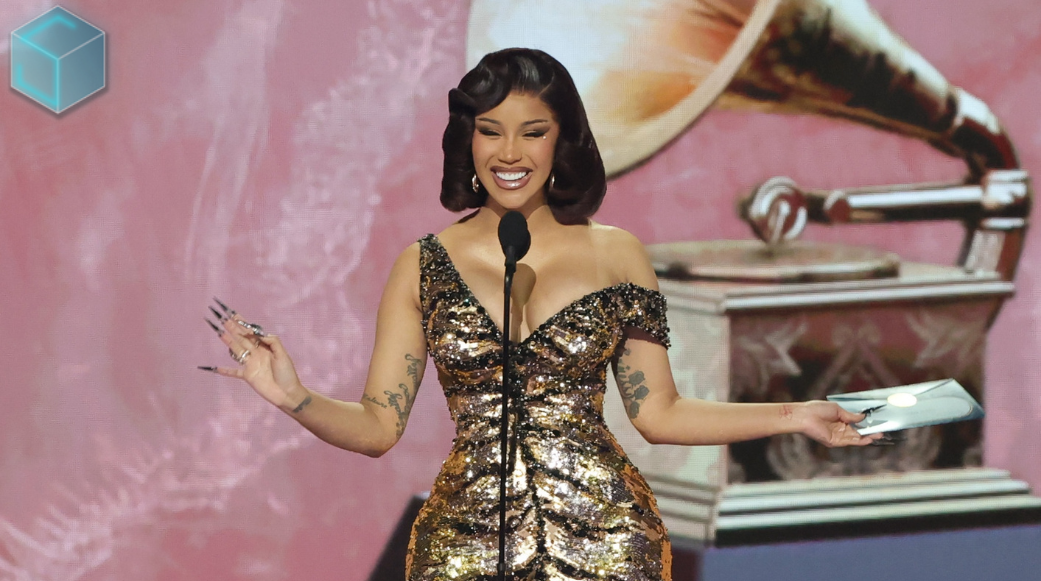
August 20, 2025
If Cardi B has taught us anything, it’s that she doesn’t just rap, she throws down verbal haymakers wrapped in couture and glitter. Her new joint, “Imaginary Playerz,” is a full-on drag session for...
Read more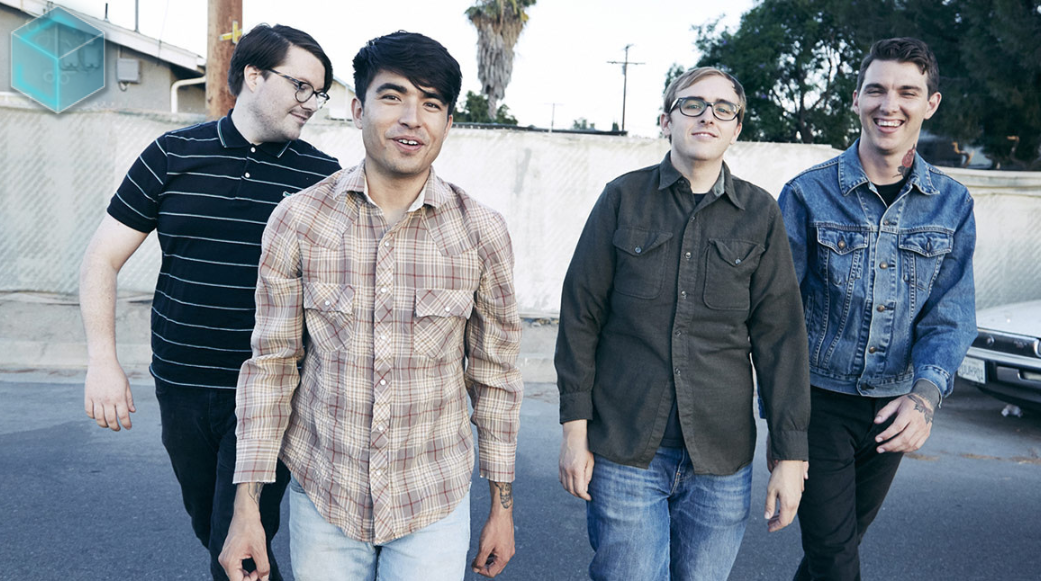
August 20, 2025
Everyone’s favorite pop-punkers, Joyce Manor, are back with their first new song in three years. The surprise single, “All My Friends Are So Depressed,” is out now via Epitaph Records, blending...
Read more
August 20, 2025
In 2025, Christian culture is prevalent, although it was previously on the outside of popular music. The Billboard Hot 100 is dominated by religious-themed songs like Benson Boone's...
Read more
August 20, 2025
Michael Tait, a well-known Christian rock musician (DC Talk, Newsboys), has admitted to engaging in "unwanted sensual" behavior and substance misuse for decades. Multiple accusers allege abuse...
Read more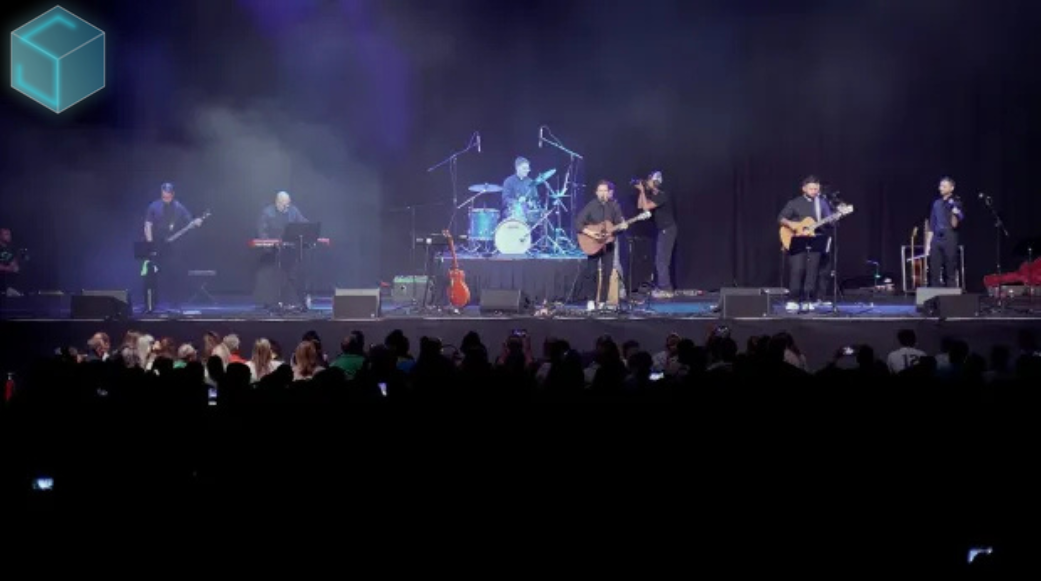
August 20, 2025
Imagine six Catholic priests performing at a sold-out Houston show instead of a well-known pop star. Their band's performance combined messages of prayer, celibacy, and faith with elements of rock...
Read more.png)
August 20, 2025
Nostalgia, Mother Mother’s latest album, is one of those rare creations. It invites us into a world where lightness isn’t escapism—it’s a form of resistance, a beacon of hope, and a path forward....
Read more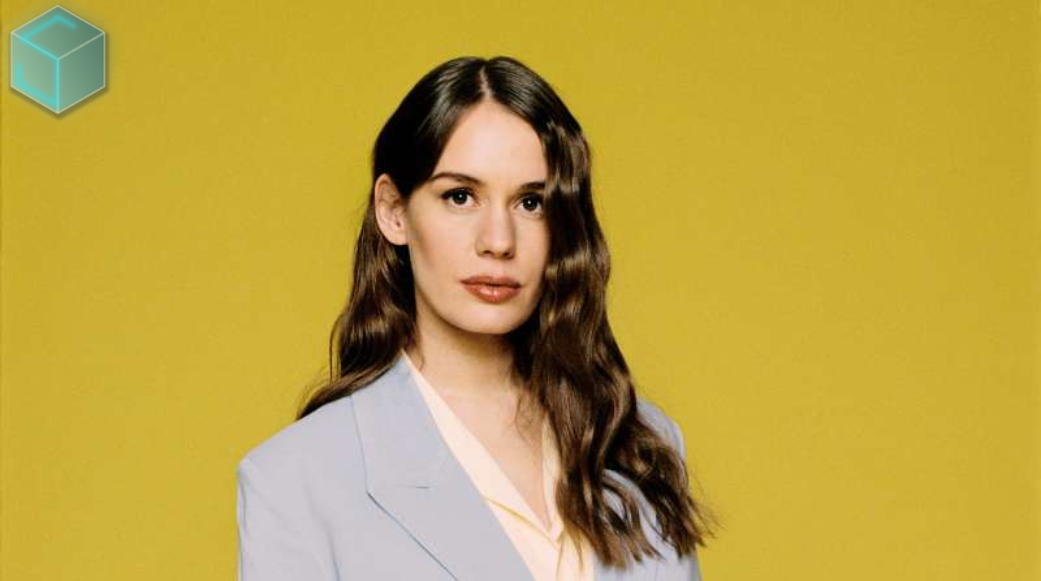
August 19, 2025
When Anna of the North released “Lovers” in 2017, it was already a dreamy synth-pop gem, filled with wistful vocals and lush production that captured the ache of young romance. But it wasn’t until...
Read more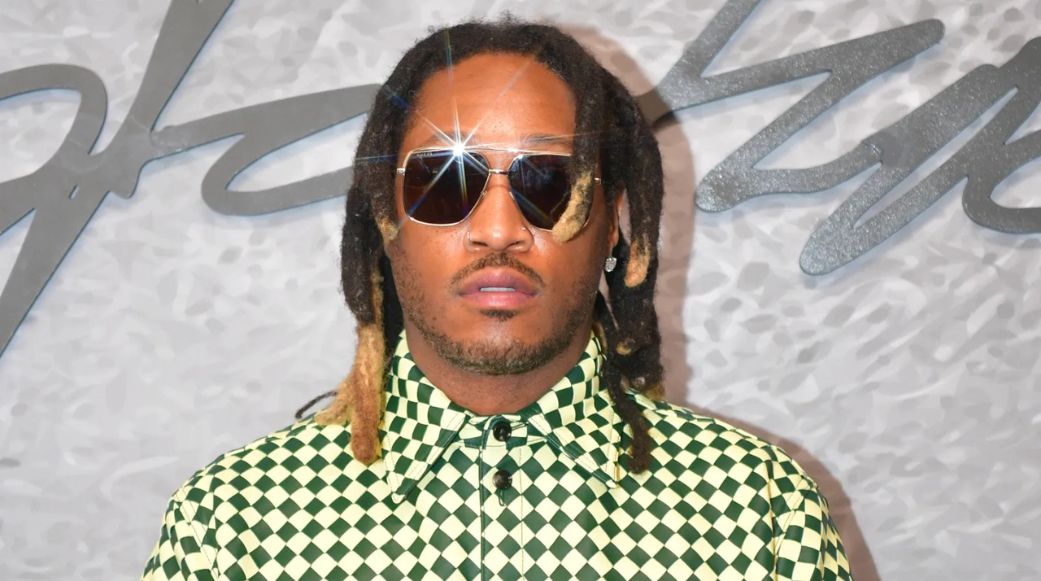
August 19, 2025
“Let Me Know” ft. Future started out as a moody, late-night playlist type of track, the kind you blast in your car pretending you’re in a music video while stuck in traffic. But now? It’s become...
Read more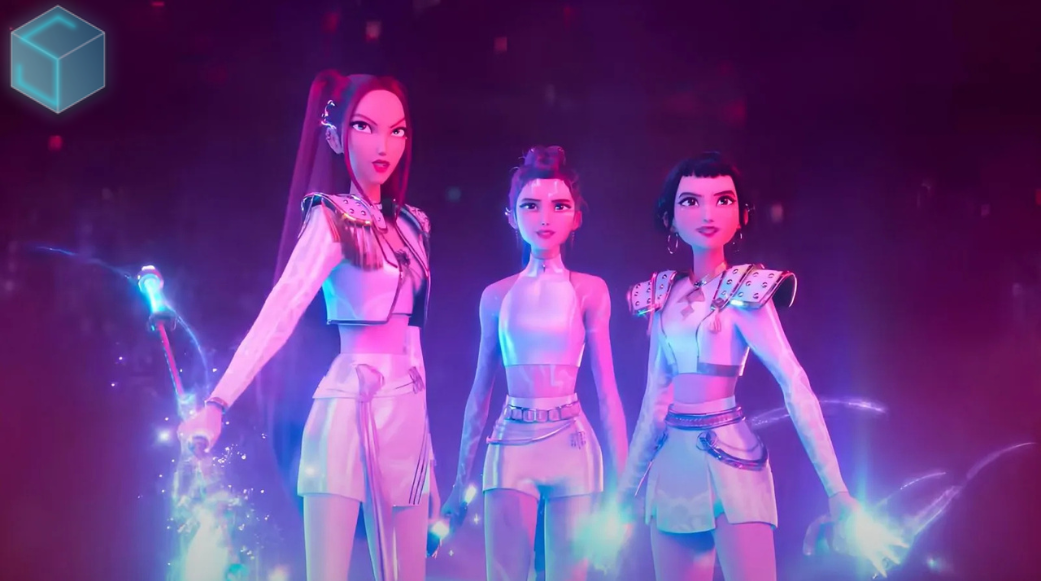
August 19, 2025
“Your Idol” stands out in Kpop Demon Hunters not just as a catchy track, but as one of the most self-aware songs in the whole project. At first listen, it has all the hallmarks of a classic K-pop...
Read more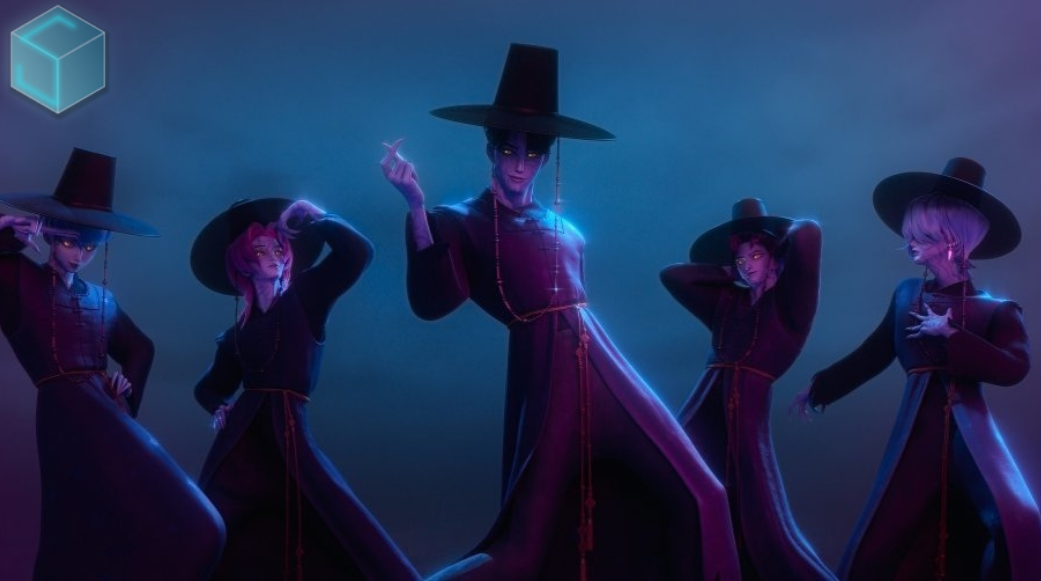
August 19, 2025
If you’ve scrolled TikTok, Insta, or literally any corner of the internet in the past few weeks, you’ve probably heard it: the fizzy, feel-good bop known as “Soda Pop” by the Saja Boys. Straight...
Read more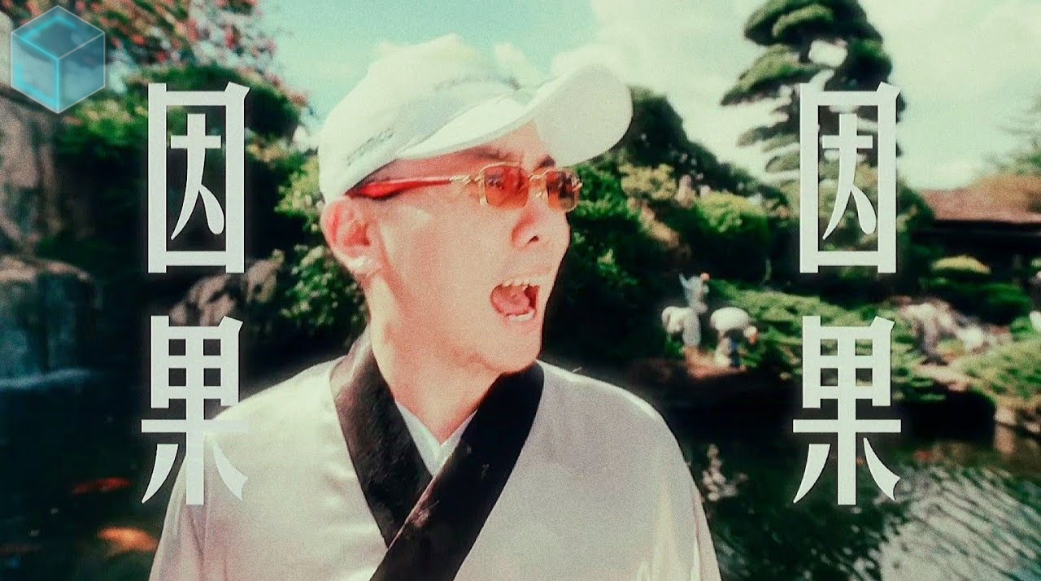
August 19, 2025
Skai Is Yourgod didn’t just drop a song, he dropped a cultural grenade. His track “Stacks From All Sides” has taken TikTok by storm, and the secret sauce? A cheeky little sample from Beetle on...
Read more
Photo Source: Linkedin.com
People draw inspiration from others when forming their ideas, it’s a fact of life. Sampling in music is no exception - and artists do it for a variety of reasons. Traditionally, copyright laws and industry agreements acted as guiding principles toward how we define intellectual property, and how laws were upheld when using others’ work to inspire your own.
As with everything these days, AI is shaking that up. This is especially true in the music industry, with revolutionary programs now on the market that have previously unimaginable capabilities. Numerous AI music generators are now available to create versatile music based on a set of parameters.
AI is causing trouble in the legal space of the music industry, and on multiple sides of it too. While it is amazing that a machine can now compose convincing, human-like art, it begs the question: where does the machine draw its inspiration?
How Does AI Make Music?
AI music generators use deep learning to recognize patterns within the compositions that are in their databases. These databases are huge, and the issue lies with the fact that they often include work from artists that did not provide their consent for it to be used. Frequently there are enough coherent traces of original pieces within AI music that can violate reproduction rights.
Much like releasing music with samples, you may need clearance one day to release music that used AI in its composition. If you can’t get that clearance, then it is likely AI will be able to detect that too.
Using Google’s Assistant to Recognize Samples
As AI gets more advanced, it has grown capable of detecting hidden samples in songs - even ones that have been chopped up, stretched, or are less than one second long. Decades after its release, sample-hunting communities on the internet were able to discover a hidden sample in Daft Punk’s “Face to Face” after using Google Assistant. They also discovered a ton of other hidden samples that have been a mystery for decades.
Google’s deep neural networks provide a more advanced recognition software than something like Shazam. If you use it in conjunction with other tools, you can coerce it to find a sample that it may have missed, which is something you may not have to do after the technology gets stronger. Only time will tell how strong copyright detection will get, maybe one day you won’t be able to hide a sample from AI.
Copyright Concerns and Legal Challenges
AI is presenting some challenges on all sides of the music industry, and those challenges boil down to the concept of ownership.
AI art lacks human authorship, so protecting it under copyright law will definitely prove challenging.
Who is responsible for the work an AI produces; the company that created the system, the AI itself, or the owner of the works that informed the AI? Would a musician be able to fight a company that trained an AI to produce based on their work? It’s an interesting question, one that we are yet to find the answer to.
Where Are We Headed?
As it stands right now, AI producers seem to be able to disregard copyright laws in creating their work. On the other hand, AI is making it easier than ever to find out if a piece draws from existing work. This could have detrimental effects on smaller artists that do not have the rights to be “playing around” with certain sounds.
Computer-generated “art” is a contentious topic. Many artists are embracing it as a new tool in the creative process, while others fear that it will displace musicians from their jobs. Regardless, AI is already used extensively in music, oftentimes to boost the productivity of seasoned songwriters and producers.
AI can be a tool for artists, but communities on Reddit are worried that AI sample detection may one day be able to automatically flag their work (correctly or incorrectly), and this could lead to legal issues. The implications of that remain to be seen.
The commercialization of art has always been a debate between those who are passionate about creative expression versus those who are in it for profit. This time, large AI corporations are the ones who seem to be disregarding copyright laws, which traditionally is what they would have enforced.
The music industry is known to experience mass hysteria whenever a new innovation shakes up the scene. While this could be a new innovation the industry will one day embrace, in this case, it seems that a legal nightmare is imminent. Only time will tell as to how it all plays out.